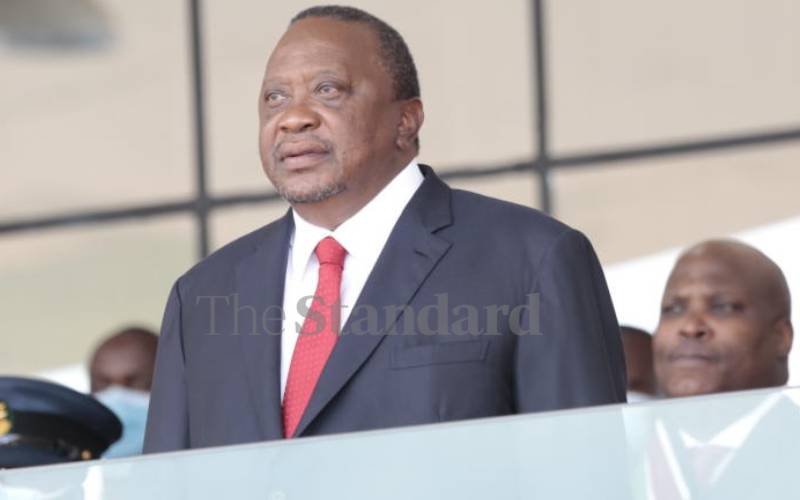×
The Standard e-Paper
Truth Without Fear

Prezzo UK was in buoyant spirits, dancing his way in and out of the Uhuru Gardens, the venue of his last stand in a national celebration.
When the site of his swansong is a garden bearing his name, and whose history invokes his own father’s name, that was bound to be a complex manoeuvre.